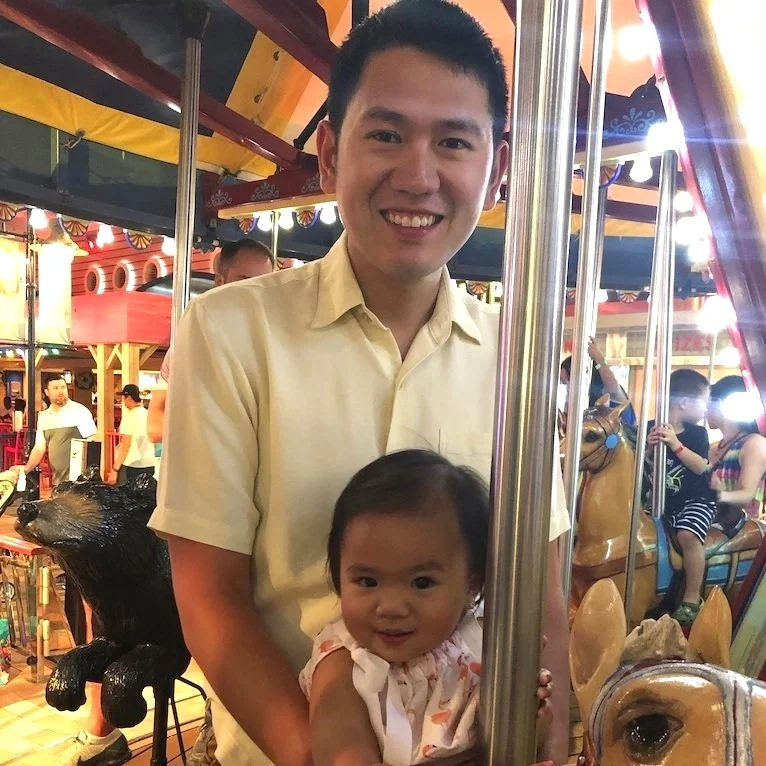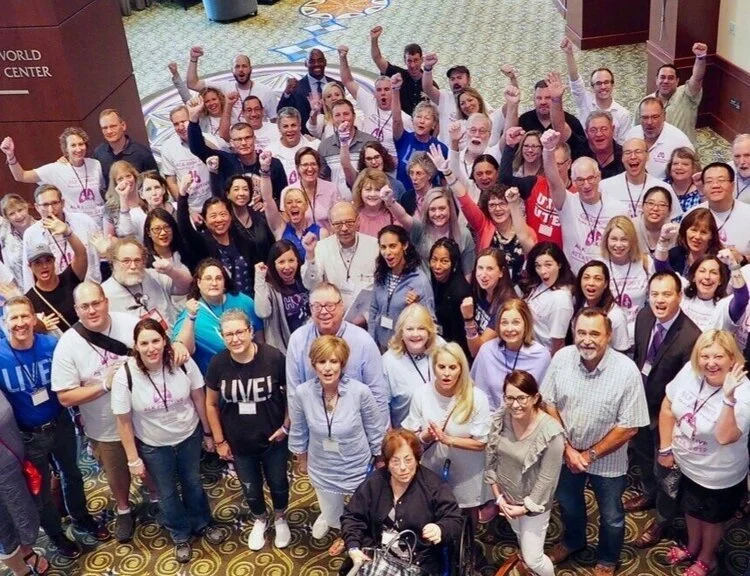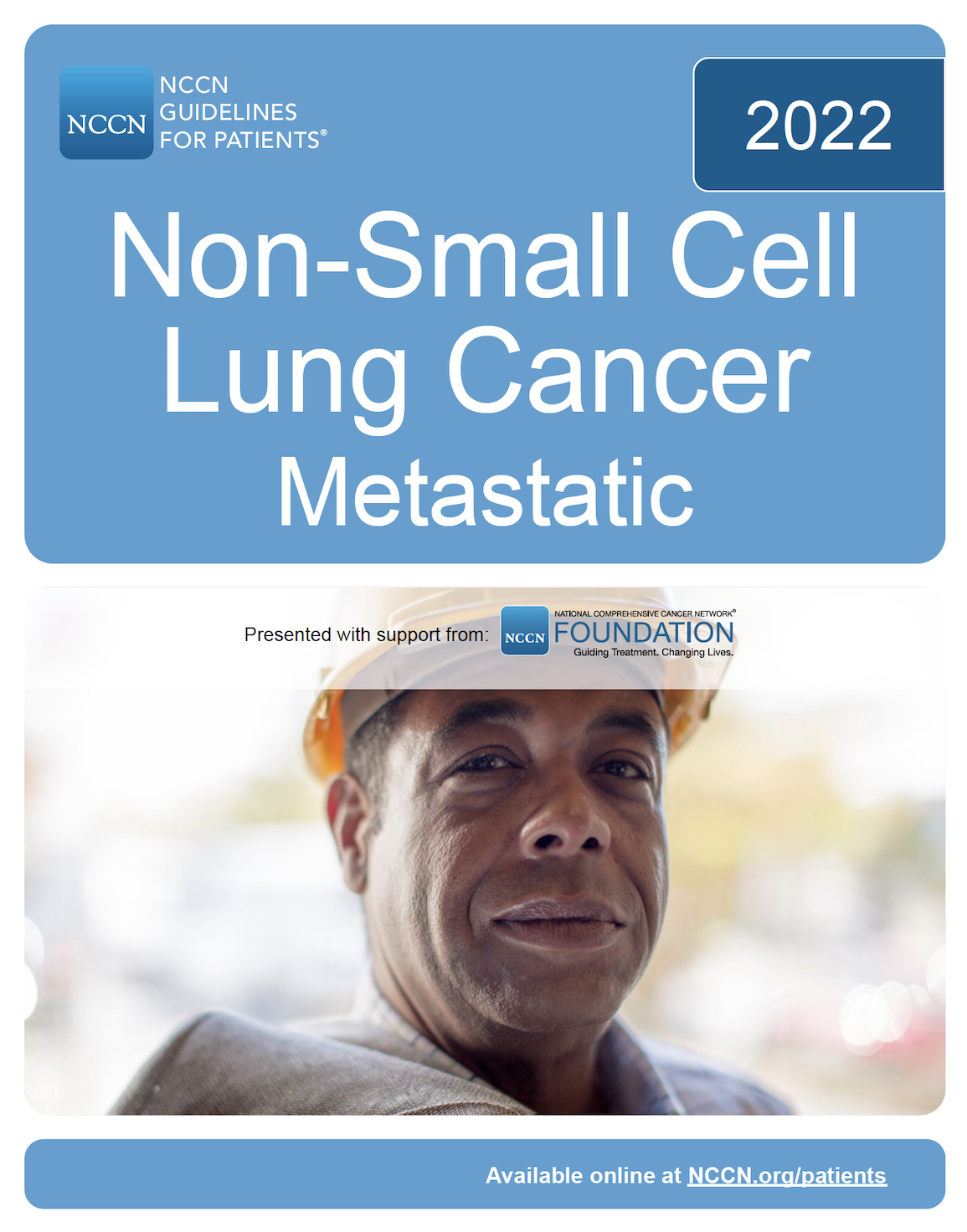Treatment
Meet Dan: From Scrubs to Patient Gowns
I couldn’t believe that I could have cancer at 30 years old. My initial reaction was, “What am I going to do about residency?” I had worked tirelessly to achieve my dream of becoming a surgeon. “You’ve got bigger fish to fry, my friend,” the Radiologist responded.
I am hopeful that the medication continues to work as it has, but I am also nervous. . . . Alectinib is an amazing treatment, as I have had minimal side effects by just taking a few pills a day.
Finding a Doctor
Finding the right doctor (and hospital) is one of the elements that will most determine your health outcome. Not all doctors are made equal. Not all doctors, even in a cancer field, or even in an ALK+ ward, have the same level of expertise or passion. Here are our recommendations:
Ask for opinions in the ALK support group. We have thousands of patients and top ALK doctors who have already done the work for you.
Do a lot of research: Delegate this job if you don’t like research.
Visit and interview 2-3 hospitals and doctors: Visit the hospital and interview them like you are hiring them! Ask questions, poke around, ask for a tour, ask about special services. This is your opportunity to get the best information you can.
Don’t default to your local hospital: Be open to traveling as far as you can comfortably, every 3 months. Ask the doctor about getting scans done closer to you, or reinbursement programs for traveling.
Get a second opinion: Use our Second Opinion Program to access the top ALK doctors. This will ensure you feel like your doctor is giving you the right advice, so you can choose your doctor and hospital.
What to expect at Doctor’s Visits
These appointments may be stressful and overwhelming for some time. We recommend bringing a caregiver or advocate with you to help navigate these appointments. Before your appointment, discuss questions you want to ask your doctor and have your appointment partner write them down for you. Also, ask them to write down any appointments dates that are scheduled during your doctor’s visit, as you are more likely to forget or write them down incorrectly when you are under stress.
Surgery
You may be a candidate for surgery. Surgery to remove lung cancer tumors is known as a lobectomy; part or all of a lobe, or multiple lobes, of your lung is removed.
Nearby lymph nodes may also be removed by your doctor at the same time to reduce the possibility that cancer cells will spread. Many hospitals can now offer a robotic assisted lobectomy; (the da Vinci machine being well known) eliminating the need to open the chest cavity. This reduces invasiveness greatly and thereby, recovery time and complications for the surgery. Surgery may or may not be a cure for lung cancer, as, unfortunately, cancer can return after a lobectomy.
Medications/ TKIs
Even though ALK-positive lung cancer was just discovered in 2007, several TKI medications have already been approved by the FDA. These approvals are exciting amidst a recent history of treatments that haven’t improved significantly in the last several decades. In many ways, ALK-positive is leading the way in research.
Because of the unique causes and mechanisms of ALK-positive lung cancer, researchers have been able to develop treatments that target ALK-positive cancer growth and can be taken as daily oral medication. These meds, known as tyrosine kinase inhibitors (TKIs) inhibit the growth of cancer by blocking the signals that tell the cell to divide.
By essentially controlling the cancer's “on-off” switch, TKIs can slow or even stop cancer progression, often with minimal adverse side effects compared to traditional treatments.
There are multiple TKIs on the market, with newer medications being the most effective, in general.
Traditional therapies:
Traditional therapies such as chemotherapy and radiation are less effective than TKIs for ALK-positive lung cancer. Other new therapies, such as immunotherapy, have not yet shown to work better than TKIs in a first-line setting, for ALK-positive non-small cell lung cancer.
Alternative and Adjunctive Treatments:
No alternative treatment has been tested and shown to be an effective treatment for ALK-positive cancer by itself. Please talk to your doctor about adding any treatments.
Intro to ALK inhibitors - From 2015. More TKIs are now available
Treatment RECOMMENDATIONs:
For most patients with ALK-positive lung cancer, a TKI medication is the first treatment they should start.
Current ALK inhibitors include: alectinib (Alecensa), brigatinib (Alunbrig), ceritinib (Zykadia), crizotinib (Xalkori), and lorlatinib (Lorbrena). These are pills that you take once or twice a day.
For more information, ask questions in the online ALK Positive support group and talk to your doctor.
Some Side Effects of TKIs
Memory issues
Itchy, sensitive skin
Muscle cramps
Swelling
Anemia
Diarrhea
Fatigue
Nausea
Vomiting
Blurry vision
Rash
Compared to traditional therapies like radiation and chemotherapy, the side effects from TKIs are low for most people, as they still allow most patients to continue living their lives.
Resistance
Even though more than 50% of patients respond well to TKIs, eventually most of these drugs stop working because the cancer develops resistance and can start growing again. For those who develop resistance, patients may be treated by changing to a new TKI medication, thereby staying on a TKI as long as possible. Additionally, new and improved TKIs and other medications are being developed for ALK-positive lung cancer all the time.
Resistance frequently develops because ALK-positive cancer tumors often develop new mutations (other than ALK) over time. Sometimes a medication that targets another treatable mutation (such as EGFR) may work even though a cancerous tumor was not initially positive for an EGFR mutation. Much of ALK-positive research focuses on treating lung cancer in much the same way we treat other chronic diseases: with lifelong daily medications and management.
Need more support?
Join our support group.
Our members are here to support & help you with anything
• Be part of an active group that understands what you are going through and will support you in your treatment decisions.
• Have access to our FREE Second Opinion medical program.
• Have access to the world’s top ALK doctors.
• Learn about cutting-edge research, trials, and much more.
Create and manage an estate plan to secure yours and your family’s future complimentary for members and caregivers.
MEDICAL RESOURCES & LINKS
We recommend uptodate.com for full ALK-positive information
Alectinib (Alecensa) Medication Help (created by our members)
“Communicating with your Healthcare Team” - from Takeda
Download the NCCN Guidelines for Patients brochure
This 70-page brochure provides up to date information about the treatment of metastatic lung cancer. It is great for the newly diagnosed and those looking to learn more about their disease.




